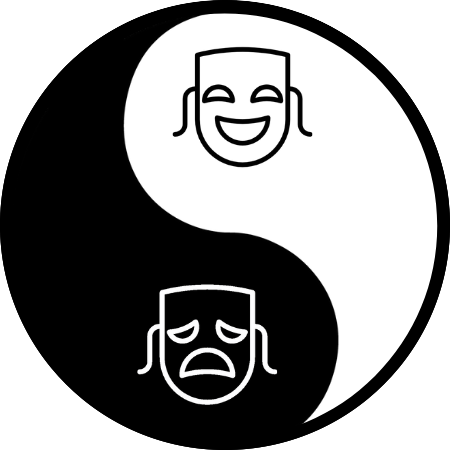#Verified: Rachel Jones
"Training your brain can give you a key advantage in all performance contexts and is often the difference between average achievement and excellence in what you do."
This bold statement comes from Rachel Jones, the founder of Lift High Performance Consultants, and we love it. A sport and exercise psychologist with over ten years of experience in everything from cricket to horse riding to rugby, Rachel knows a thing or two about the brain and its role in peak performance.
Here, Rachel speaks to us about our most vital organ, shame spirals, and the importance of mental health.

